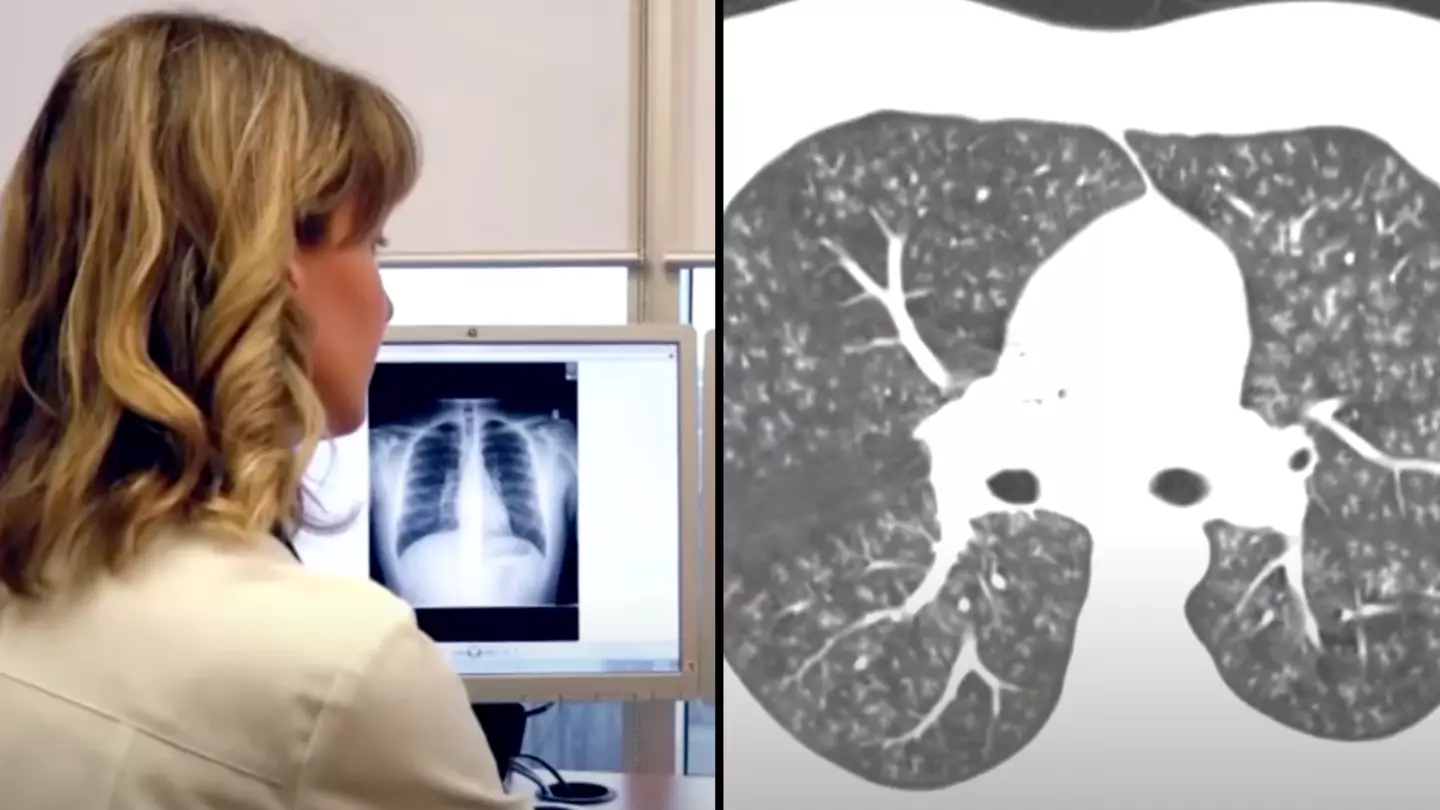Table of Contents
- Blog: Medical Articles 2022 - Dr. Indra K. Muhtadi - "dokter plus"
- Popcorn Lung and a New Habit That Increases Your Risk
- Dr Oz: How to Make Your Own Microwave Popcorn + What is Popcorn Lung?
- Popcorn Lung: What You Need to Know
- Popcorn shadows on lung xrays? : r/vet
- What is popcorn lung, a rare condition caused by vaping? Know signs and ...
- Doctor shows x-ray of 'popcorn lung' caused from vaping and it can be ...
- Does Vaping Cause Popcorn Lung? - NEAFS | Tobacco Free Sticks
- Popcorn lung - everything you need to know about the serious lung ...
- Popcorn lung: Causes, Risk Factors and Symptoms | HealthShots

Bronchiolitis obliterans is a rare and serious lung disease that affects the small airways in the lungs, known as bronchioles. It is a condition that can cause significant respiratory symptoms and can be challenging to diagnose and treat. In this article, we will delve into the world of bronchiolitis obliterans, exploring its definition, causes, symptoms, diagnosis, treatment options, and more.


What is Bronchiolitis Obliterans?

Bronchiolitis obliterans is a type of lung disease that involves the inflammation and scarring of the bronchioles, which are the small airways that lead to the alveoli, the air sacs where oxygen is exchanged. This inflammation and scarring can cause the bronchioles to become narrowed or blocked, making it difficult for air to pass through and leading to respiratory symptoms such as coughing, wheezing, and shortness of breath.


Causes and Risk Factors

The exact cause of bronchiolitis obliterans is not always known, but it is often associated with a viral infection, such as adenovirus or influenza. Other potential causes include exposure to toxic substances, such as chemicals or pollutants, and autoimmune disorders, such as rheumatoid arthritis. Additionally, people who have undergone a lung transplant or have a history of lung disease may be at increased risk of developing bronchiolitis obliterans.


Symptoms of Bronchiolitis Obliterans
The symptoms of bronchiolitis obliterans can vary in severity and may include:
- Coughing
- Wheezing
- Shortness of breath
- Chest tightness or pain
- Fatigue
- Weight loss

Diagnosis and Treatment
Diagnosing bronchiolitis obliterans can be challenging, as the symptoms can be similar to those of other lung diseases. A diagnosis is typically made based on a combination of physical examination, medical history, and diagnostic tests, such as:
- Chest X-ray
- Computed Tomography (CT) scan
- Pulmonary function tests (PFTs)
- Biopsy
Treatment for bronchiolitis obliterans typically involves a combination of medications, such as bronchodilators and corticosteroids, to help manage symptoms and slow disease progression. In severe cases, lung transplantation may be necessary.
Bronchiolitis obliterans is a serious and complex lung disease that requires prompt medical attention. While the exact cause is not always known, understanding the symptoms, diagnosis, and treatment options can help individuals and healthcare providers work together to manage the condition and improve quality of life. If you or a loved one is experiencing symptoms of bronchiolitis obliterans, it is essential to consult with a healthcare professional for proper diagnosis and treatment.
For more information on bronchiolitis obliterans, visit Wikipedia or consult with a healthcare professional.